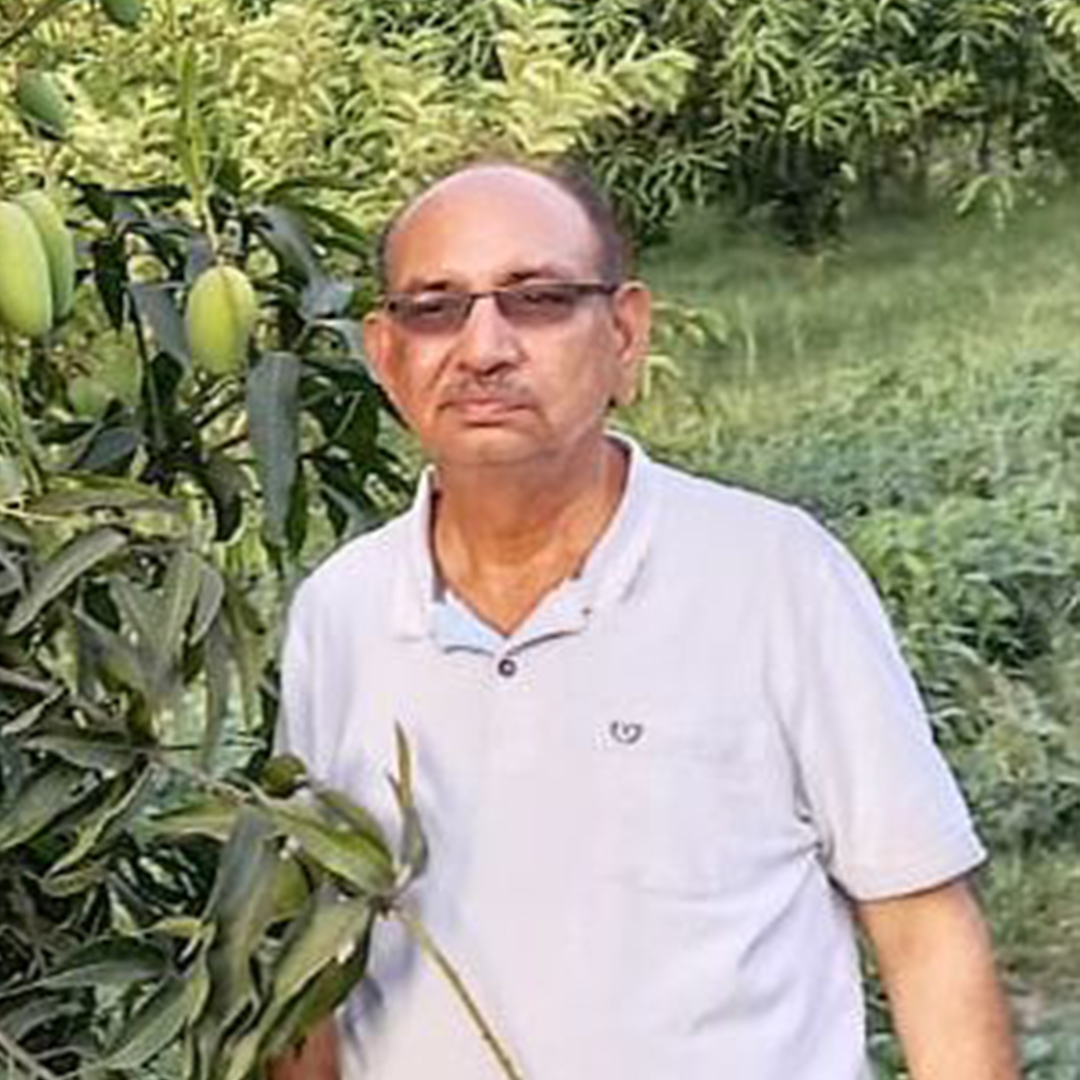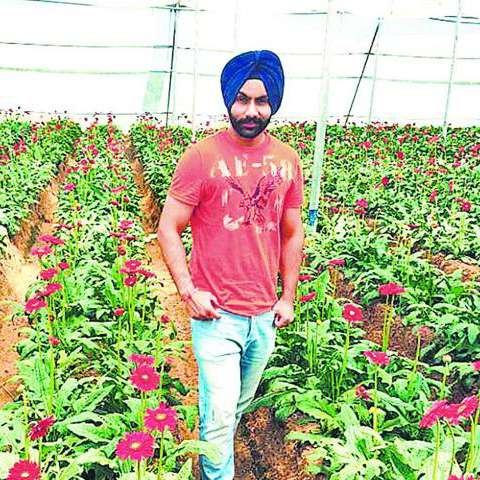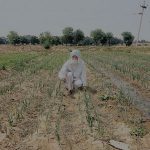Padam Singh: Cultivating a Rooftop Oasis of Organic Abundance
In the bustling urban landscape of Basai Darapur, New Delhi, where concrete dominates and green spaces are scarce, Padam Singh’s story emerges as a testament to the extraordinary transformation that passion and dedication can bring about. Born into a family of farmers, Padam always harbored dreams of creating something exceptional for his environment his relentless pursuit of knowledge and unwavering commitment eventually led him to create “The Terrace Garden,” an awe-inspiring organic haven in the heart of the city.
Padam Singh’s journey towards becoming an urban farming pioneer began long before he retired as the Additional Commissioner of Income Tax, Delhi, in 2021. During his tenure, he would often frequent PUSA, Delhi, India’s National Institute for Agricultural Research, where he immersed himself in the world of home-based farming and agriculture. His maternal grandfather’s orchard provided valuable insights into fruit farming, and he supplemented his learning with extensive online research and videos.
∙ Mango
∙ Oranges
∙ Lemon
∙ Sapodilla (Chickoo)
∙ Mulberry (Shahtoot)
∙ Peach (Aadu)
Padam’s childhood inclination toward fruit farming found a perfect outlet in this endeavor. He personally tends to each plant, nurturing them with care and dedication. His passion has sparked the interest of many, with people frequently visiting his home on Saturdays and Sundays to witness his thriving rooftop garden. Inspired by his example, several individuals have embarked on their own home-based farming journeys. Padam Singh extends his influence by visiting other households, sharing his knowledge, and even gifting plants to encourage others to embrace the joys of organic gardening.
One remarkable aspect of Padam Singh’s approach to farming is his commitment to organic practices. He refrains from using chemical fertilizers available in the market and instead creates his own organic manure at home. He learned this skill through extensive online research and by attending relevant classes, emphasizing the importance of sustainability and environmental consciousness in his gardening endeavors.
Padam Singh’s journey is a shining example of self-driven success. Despite lacking formal agricultural training, he relied on keen observations at PUSA and discussions with scientists to chart his path to success. His remarkable achievements include three awards from the Head of the All India Kitchen Garden Association, with two first prizes and one-second prize in recognition of his exceptional plants. Furthermore, his journey has been showcased on television, with appearances on DOORDARSHAN in 2018 and 2021.
Beyond his role as an urban farmer, Padam Singh wears many hats. He is a licensed advocate, a distinction granted by the BAR Council of India, an international table tennis umpire, and a sought-after guest lecturer at various universities and colleges. In his community, Padam takes pride in teaching young children about farming, imparting valuable knowledge to the next generation.
Padam Singh is a devoted father, with two sons who share his curiosity about his unique approach to farming. One of his sons is an IT Engineer, while the other holds a degree in B.Com Honors. They are deeply interested in their father’s agricultural pursuits, potentially ensuring the continuity of his legacy.
Looking to the future, Padam Singh has no intentions of commercializing his agricultural passion. He remains committed to sharing the abundance of his terrace garden with the elderly, children, family, and relatives. His dream is to acquire a substantial piece of land where he can expand his gardening endeavors further, cultivating an even greater variety of fruits and vegetables to share with his community.
Padam Singh’s journey as an urban farming pioneer exemplifies the power of unwavering passion, relentless dedication, and the pursuit of knowledge. In a concrete jungle, he has created a green oasis that not only sustains him but also inspires countless others to embrace the beauty and potential of organic gardening. In his humble rooftop garden, Padam Singh sows the seeds of change, one plant at a time.










